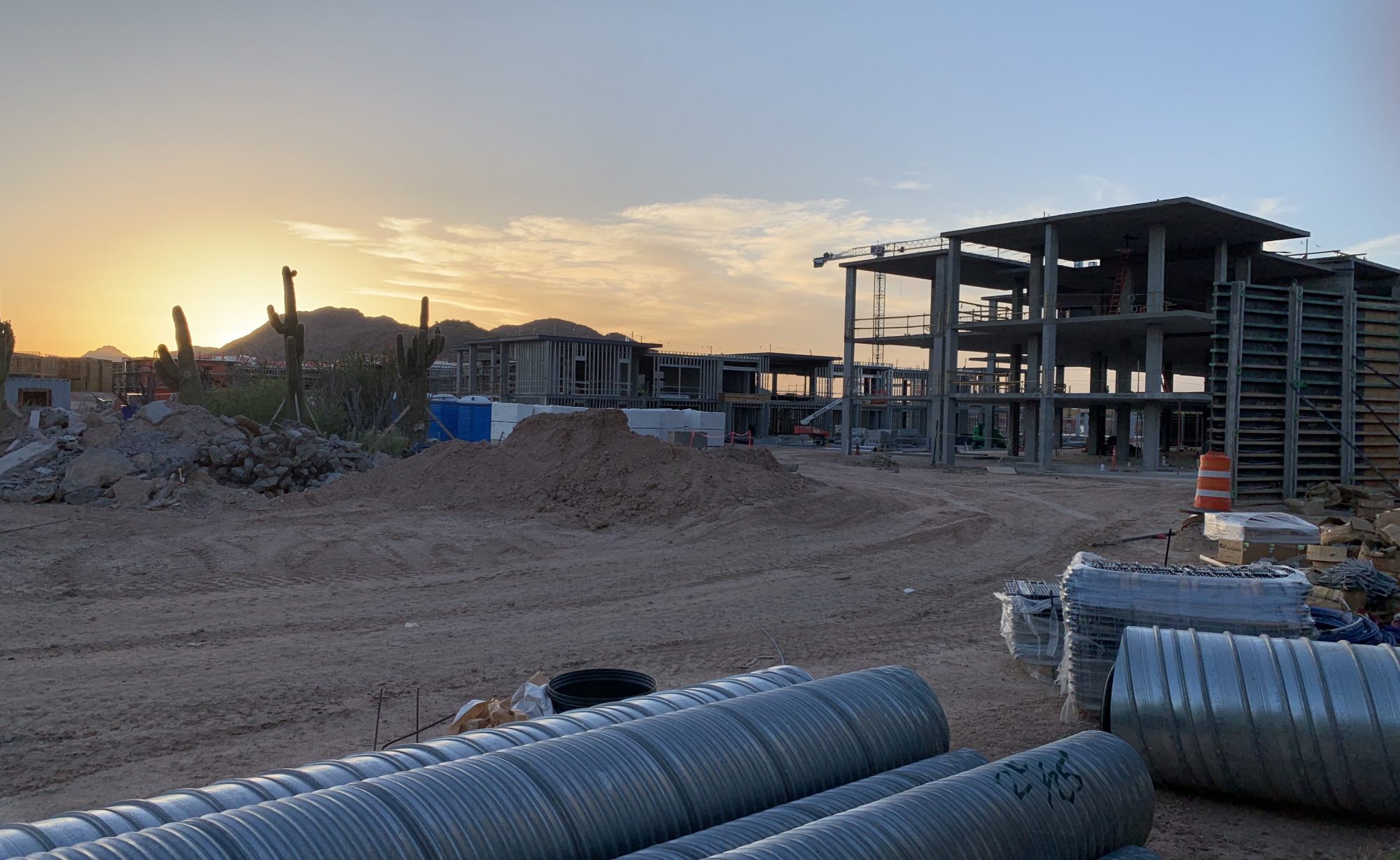
***UPDATE – 2/12/2018***
The Court of Appeals’ decision in Hatch Development, LLC, et al. v. Sol’s Construction Co., Inc., 240 Ariz. 171 (App. 2016), which is the subject of this post from November 2016, is no longer good law. The decision in Hatch was abrogated by the Arizona Supreme Court’s February 8, 2018 opinion in KnightBrook Ins. Co., et al. v. Payless Car Rental System, Inc., No. CV-17-0156-CQ.
Indemnification provisions are mainstays of most construction contracts. As a result, all contractors should be aware that the agreements they enter likely impose certain indemnification obligations upon them. But even the most seasoned contractors may not realize that construction contracts are not always the final word on indemnity. Rather, certain indemnification obligations can arise purely as a matter of law, even if the parties’ contract is silent on the issue. This is what is referred to as “common law indemnification,” and it was the subject of the Arizona Court of Appeals’ recent decision in Hatch Development, LLC, et al. v. Sol’s Construction Co., Inc., 240 Ariz. 171 (App. 2016).
Background in Hatch Development
In Hatch Development, homeowners hired a contractor to perform certain sewer and water line construction work on their property. A few months after the work commenced, two large rains overwhelmed the installed sewer system, flooding a neighbor’s home and causing extensive damage. The neighbors sued the homeowners, the contractor, and the town in which the properties were located to recover their damages. The homeowners and the town ultimately settled with the neighbors to avoid litigation costs, and the homeowners filed a separate lawsuit against the contractor seeking common law indemnification.
The contractor denied liability and alleged that the homeowners were “not entitled to indemnification because [they] also [were] negligent and because the statute of limitations had run on the [neighbors’] claim against [the contractor] before the settlement agreement was signed.” The parties eventually filed cross-motions for summary judgment. After oral argument, the trial court granted the homeowners’ motion for summary judgment on the contractor’s indemnity liability and denied the contractor’s motion for summary judgment. The contractor appealed.
Discussion
On appeal, the contractor primarily argued that the homeowners could “not prove essential elements of common law indemnity—that the indemnity plaintiff ([homeowners]) and indemnity defendant ([contractor]) owed a legally enforceable obligation to the third party (the [neighbors]).” This argument was again predicated on the fact that the two-year statute of limitations on the neighbors’ claims against the homeowners had run by the time that the homeowners finalized their settlement agreement with the neighbors. The contractor also argued that the homeowners were not entitled to common law indemnification because they were: (1) independently or actively at fault for the damages insofar as they hooked up their sewer system to town lines without Arizona Department of Environmental Quality (“ADEQ”) approval; and/or (2) actively negligent and directly liable to the neighbor for failing to take action to remedy the situation after the first rain.
Arizona Court of Appeals affirmed the trial court’s judgment. In doing so, the court held that a common law “duty to indemnify may arise in at least two alternative circumstances: First, when the party seeking indemnity has ‘extinguished an obligation owed by the party from whom it seeks indemnification,’ or second, when the indemnity defendant is ‘at fault.'” The court noted that the second circumstance is predicated on Restatement (First) of Restitution § 78(b)(ii), which provides, in pertinent part, that a party is entitled to indemnification where: (1) he or she makes a payment on an obligation; (2) the obligation arises because of the fault of the indemnity defendant; and (3) the payment is made with the justifiable belief that the obligation was owed.
Applying these indemnity principles, the court held that, regardless of the expiration of the statute of limitations on the neighbor’s claims, the homeowners were entitled to summary judgment on indemnity from the contractor because the homeowners “presented undisputed facts establishing [their] justifiable belief that the statute of limitations would not bar [their] obligation to the [neighbor] under the circumstances and…[the contractor’s] undisputed fault.” The court also held that the homeowners: (1) did not proximately cause the damage to the neighbor’s property by failing to obtain ADEQ approval before connecting their sewer system to the town’s lines; and (2) took appropriate remedial action after the first rain by contacting the contractor, such that homeowners were not actively negligent or directly liable to the neighbor.
Conclusion
The decision in Hatch Development is a good reminder of the existence and scope of common law indemnification. As the court held, a common law duty to indemnify can arise in at least two alternative circumstances—namely, where (1) the indemnity plaintiff extinguishes an obligation owed by the indemnity defendant, or (2) the indemnity defendant is “at fault.” Moreover, where the indemnity defendant is at fault, the indemnity plaintiff can be entitled to relief even if he or she makes a payment to a third party that was not legally owed. Rather, the indemnity plaintiff need only have a justifiable belief that the obligation is owed.
